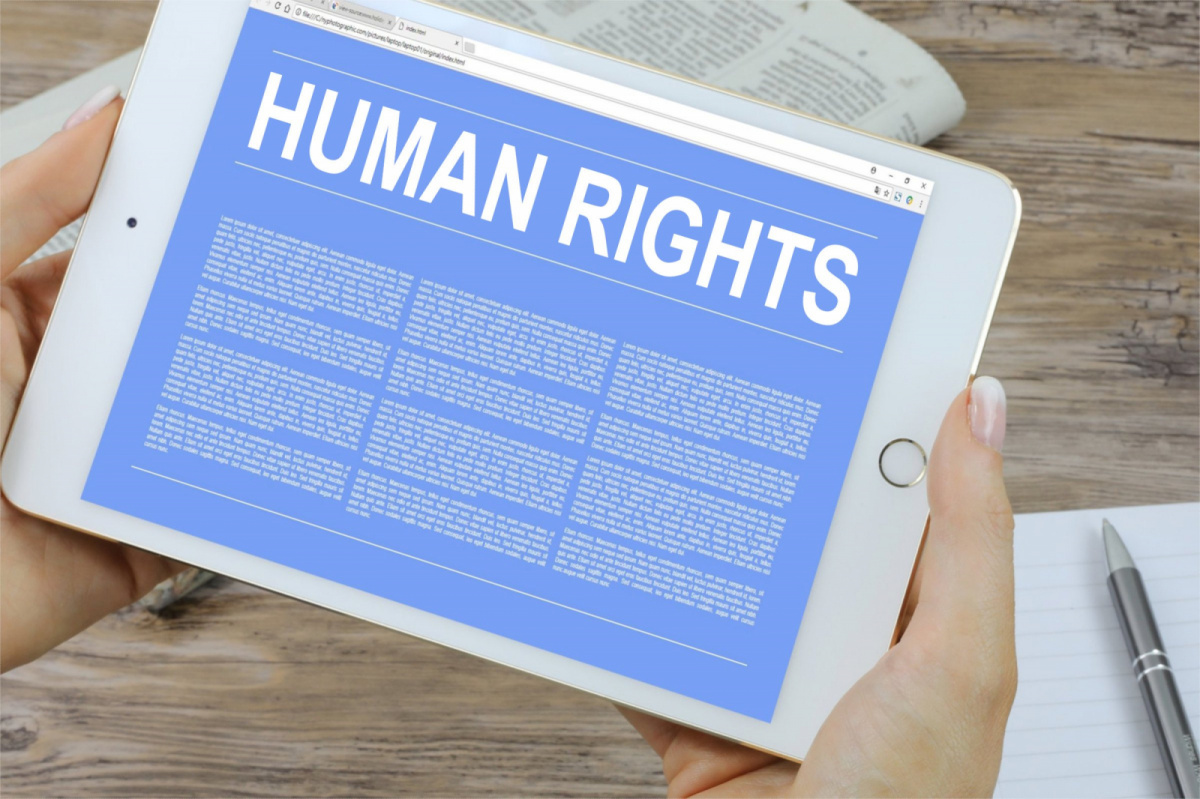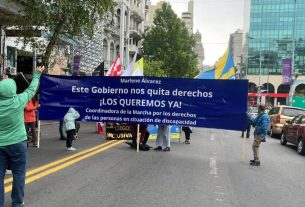June 18, 2025
Arusha, Tanzania — Two prominent East African human rights advocates, Boniface Mwangi of Kenya and Agather Atuhaire of Uganda, have jointly filed legal actions against the governments of Tanzania, Kenya, and Uganda, alleging state-sponsored abduction and torture in a case that is drawing intense regional and international scrutiny.
The duo, both long-standing figures in regional civil society, say they were abducted between May 19 and May 22 in Dar es Salaam, Tanzania, and subjected to sexual torture, physical assault, and psychological abuse while in illegal detention. Their legal complaints have been lodged with the East African Court of Justice (EACJ), the East African Legislative Assembly (EALA), and the International Criminal Court (ICC).
According to official court filings and public statements made by the two activists, they were in Tanzania to show solidarity with Tanzanian opposition leader Tundu Lissu, who has been in custody since April on charges of treason following his public calls for electoral reforms ahead of the country’s general elections in October 2025.
In interviews following their release, Mwangi and Atuhaire described their ordeal as an orchestrated operation by Tanzanian security operatives, alleging that agents stripped them, subjected them to sexualized violence, and threatened them with death unless they ceased political activism. They claim the abduction took place with the knowledge—or at the very least, tacit approval—of Ugandan and Kenyan authorities, given the coordinated nature of intelligence sharing in the region.
Legal Grounds and Scope of the Lawsuits
The complaints seek redress on three levels:
- At the EACJ, the activists argue that Tanzania, as a member of the East African Community (EAC), violated binding human rights provisions under the Treaty for the Establishment of the EAC, which guarantees freedom from torture and arbitrary detention.
- Before the EALA, they are urging regional legislators to initiate an inquiry into cross-border complicity in human rights violations and to propose legislative reforms ensuring the protection of civil society actors across EAC member states.
- At the ICC, the activists are pursuing preliminary steps toward an investigation into what they term “systematic targeting of dissidents” in the region, framing their experience as part of a broader pattern of repression against political opposition and civil society actors in East Africa.
Government Reactions and Denials
Tanzania’s security authorities have denied any involvement in the alleged abduction or mistreatment of the activists. A spokesperson for the Tanzanian Ministry of Home Affairs dismissed the claims as “fabricated and politically motivated,” insisting that the activists entered and exited the country lawfully and were never in official custody.
Governments in Nairobi and Kampala have not issued formal responses to the allegations or lawsuits as of this publication. However, diplomatic sources suggest that both countries are monitoring the developments cautiously due to the potential regional diplomatic fallout.
Background on the Activists and Political Context
Boniface Mwangi is a prominent Kenyan photojournalist and human rights activist, widely recognized for his outspoken campaigns against corruption and police brutality. Agather Atuhaire is a Ugandan lawyer and civic advocate known for her work on rule of law and government accountability.
Their presence in Tanzania in May was part of a broader civil society effort to draw attention to the detention of Tundu Lissu, a high-profile opposition figure and former presidential candidate who survived an assassination attempt in 2017 and has since remained a vocal critic of Tanzanian governance under President Samia Suluhu Hassan.
Lissu’s April arrest on treason charges came after he criticized the lack of transparency in electoral preparations and accused the ruling party of suppressing dissent.
Regional Implications and Human Rights Outlook
The case underscores growing concern over the shrinking civic space in East Africa. Rights groups have in recent months sounded alarms over a coordinated trend of repression, where governments are increasingly using legal systems, security services, and transnational intelligence cooperation to silence dissent.
Legal experts say the outcome of these lawsuits could set precedent for how regional courts treat cases of extrajudicial abuses and state responsibility beyond national borders.
“It is a critical moment for regional jurisprudence on human rights,” said Dr. Angela Achieng’, a legal scholar at the University of Nairobi. “If these claims are substantiated, it would mark a significant breach of the EAC’s foundational principles and could force a conversation about accountability mechanisms within the bloc.”
Next Steps
The EACJ is expected to review admissibility of the complaint in the coming weeks, while the ICC will first determine whether the matter meets the threshold for a preliminary examination under the Rome Statute.
As proceedings unfold, the case of Mwangi and Atuhaire is likely to fuel further debate over the safety of political actors and activists operating across increasingly militarized and securitized East African states.
This article may be updated as more information becomes available.


